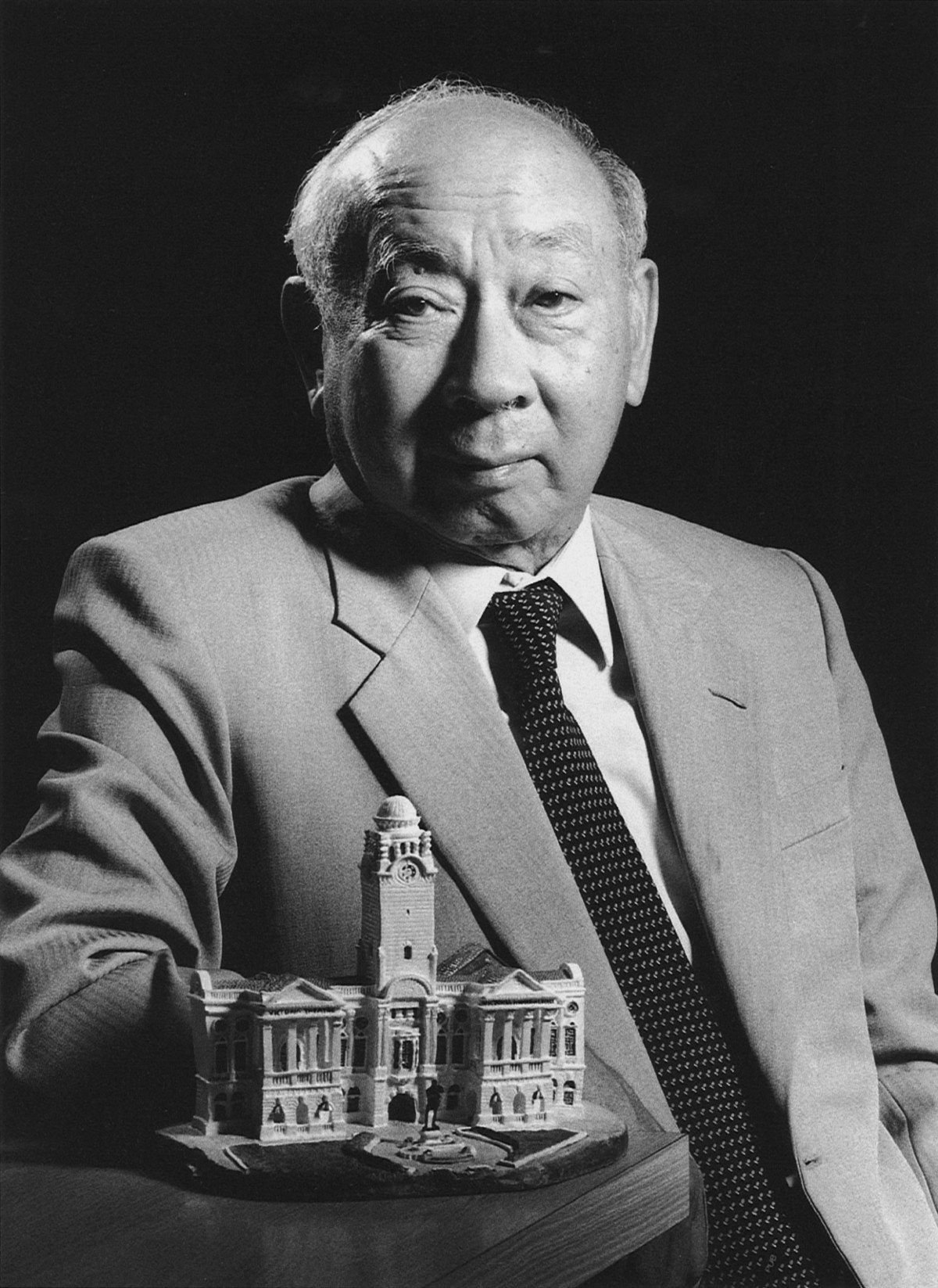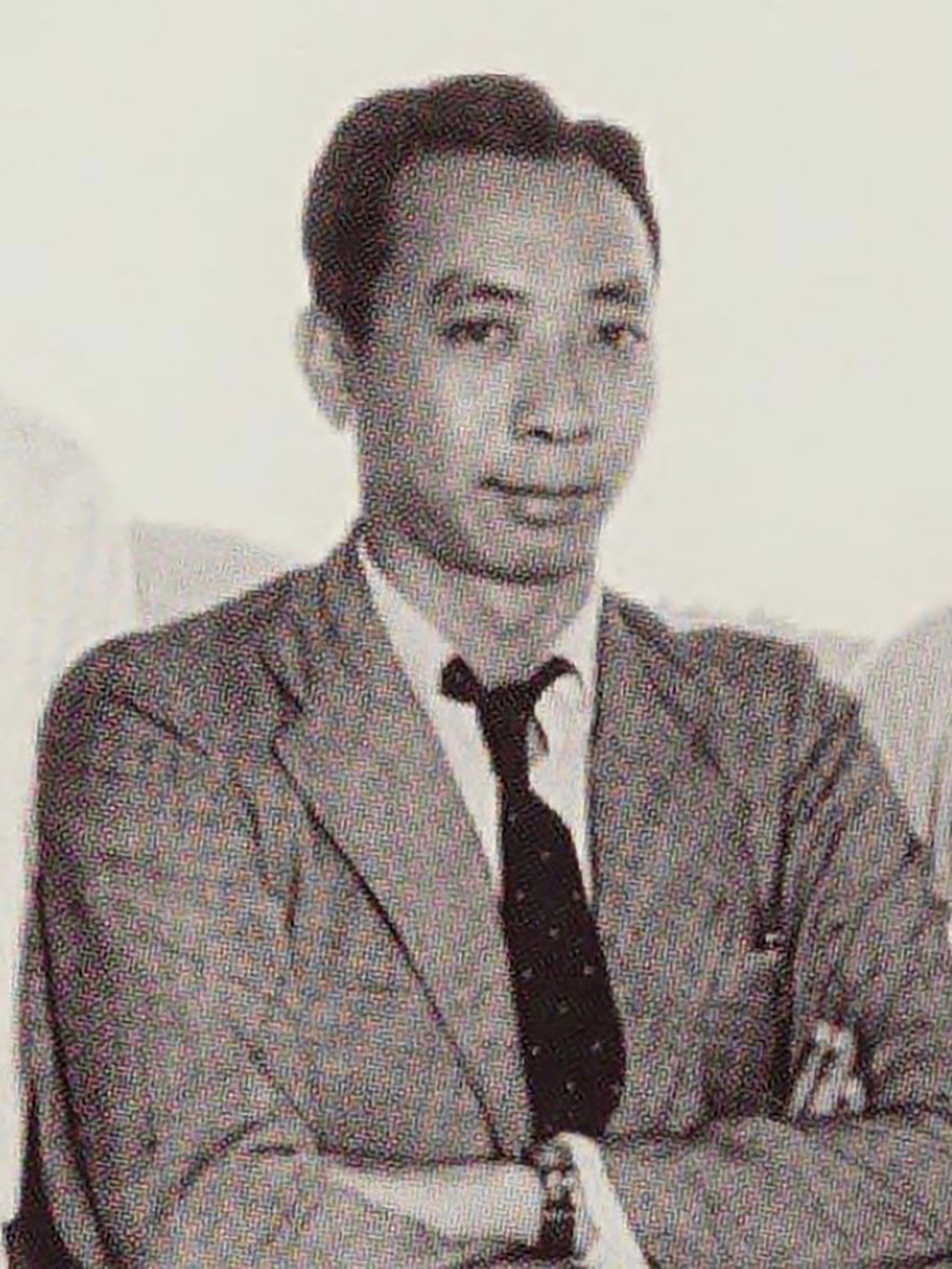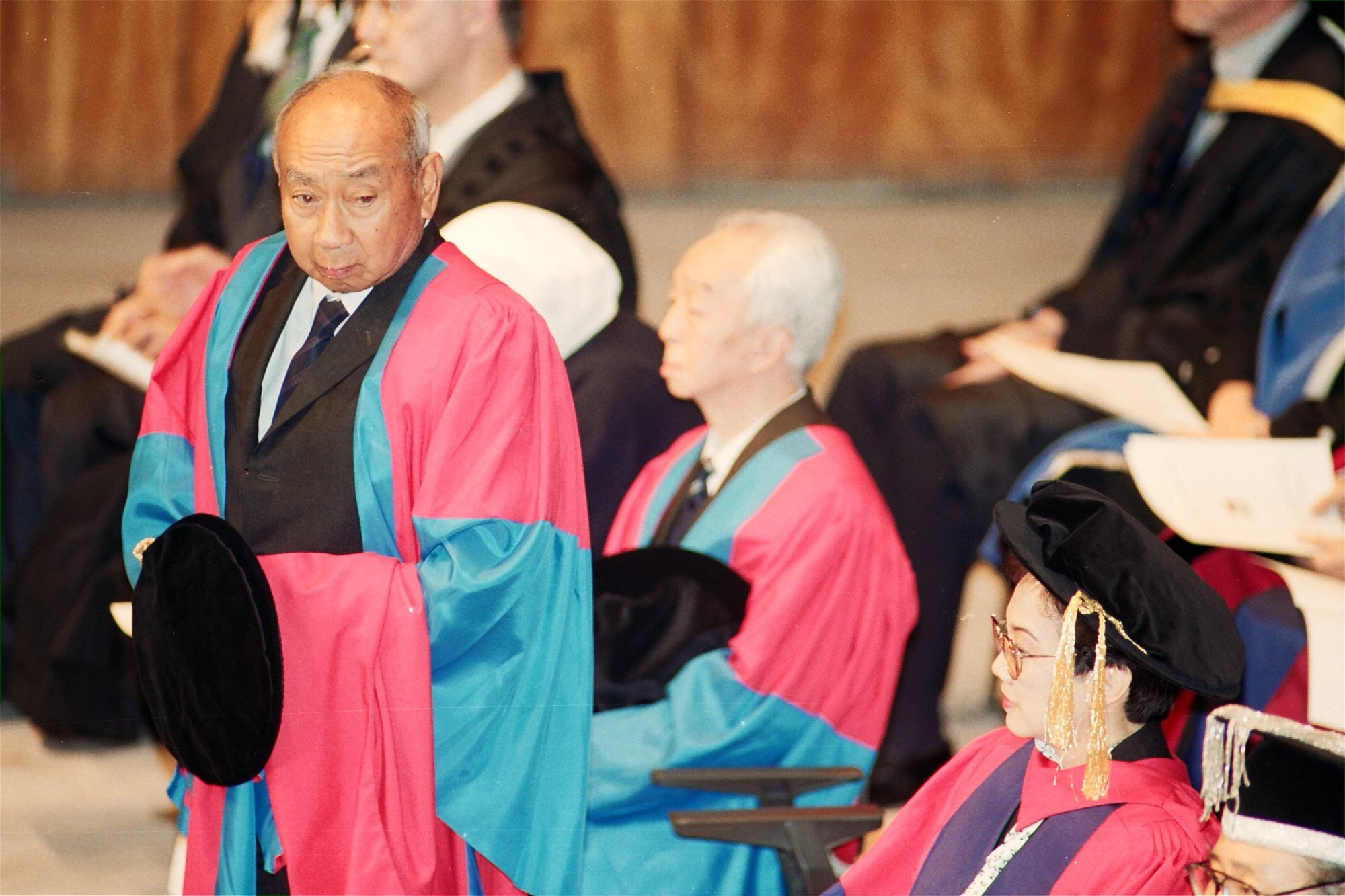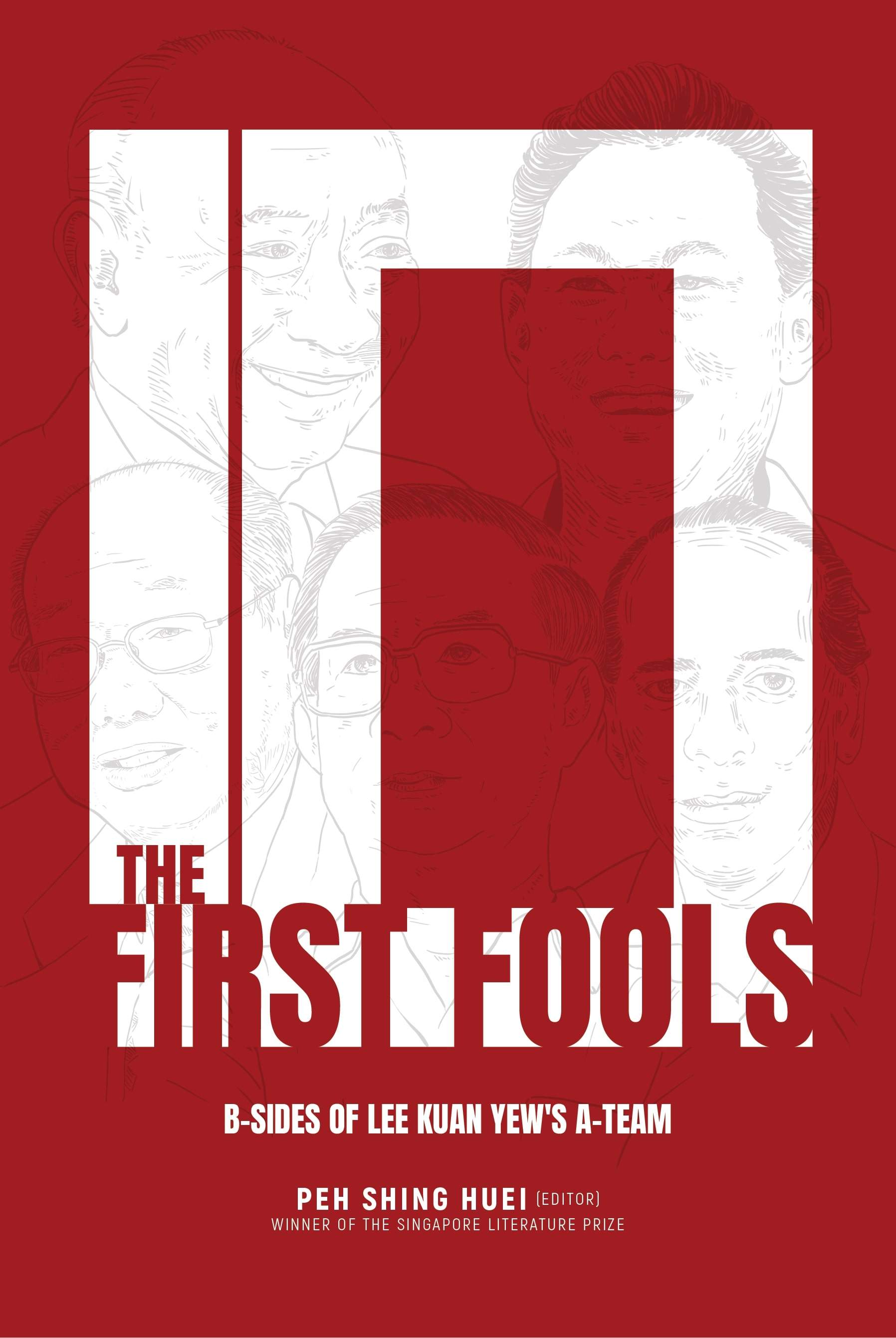How Singapore’s economic architect Goh Keng Swee shaped its state-linked giants
As Singapore’s first finance minister, colleagues say he built state firms with the rigour of a businessman and vision of a nation-builder

The First Fools: B-Sides of Lee Kuan Yew’s A-Team is a new anthology about Singapore’s founding leaders. In this excerpt, author Aaron Low spotlights Goh Keng Swee – widely remembered as Singapore’s first finance minister and economic architect – whose lesser-known role as one of the country’s most influential businessmen saw him create a network of state-linked firms that helped define Brand Singapore.
Entrepreneurs start businesses for many reasons. Some do it because of the firm belief that they can change the world around them, like Jeff Bezos, who foresaw how the internet would transform the way people bought books. Others are problem solvers such as Jack Ma, who created Alibaba to empower small Chinese firms and compete in the new digital economy. Then there are those like Microsoft’s Bill Gates and Paul Allen, who turn their expertise into ventures and look to profit from their innate skills.
But Goh was different. He believed in business as a means to an end, one that was for the greater good. Influenced by Adam Smith, the father of modern economics, Goh endorsed the idea that the invisible hand of business can produce goods and services efficiently, create jobs, and benefit the economy as a whole. But to do so, capitalism had to be tempered and guided wisely to avoid its excesses.
There was another, more pressing, motivation: a deep desire to sustain Singapore’s fragile independence and keep the idea of a nation alive. His form of capitalism, as his former protégé and top civil servant Philip Yeo said, was tinged with a large dose of socialism.

“He runs the company efficiently and properly, borrows money and hires people. He is no different from a businessman. But the key difference is that Dr Goh is a state capitalist. The businessman makes profit for himself; Dr Goh did it for the public good,” said Yeo.
The turning point came in July 1967, when the British announced plans to withdraw its troops from Singapore by 1975, which was later brought forward to 1971. British military bases employed close to 25,000 locals, while contributing close to 20 per cent of Singapore’s GDP. With the country just newly independent, and facing rising numbers of unemployment, the news of the withdrawal presented an emergency.
It was under such circumstances that Goh, with his training as a developmental economist, shone the brightest. Blessed with a unique ability to combine theory with vision and imagination, he had all the tools he needed to fashion unique solutions to Singapore’s massive problem.
More than that, Albert Winsemius, a Dutch economist from the United Nations who had helped Singapore with its industrialisation plans, described Goh as an all-action man and a “keen go-getter”.
“Though he had a playful mind, which jumped from one thing to another with regard to ideas, he would push and carry through something he believed strongly in till the end. Once that challenge was successfully overcome, he would become bored and look for other challenges. It often started with some form of fantasy or imagination, such as the Jurong town, the Symphony Orchestra, and the Chinese Garden. The list goes on,” wrote Winsemius in the book Goh Keng Swee: A Public Career Remembered.
The vacuum left by the British was a huge one, and it was one that needed to be urgently filled. At the time, Singapore had already embarked on an accelerated industrialisation drive by wooing multinational companies into setting up shop in Singapore. But more needed to be done, and fast. The match had been lit, and Goh got to work.
Over the next decade, together with his trusted lieutenants, including top civil servants such as George Bogaars, Sim Kee Boon, Philip Yeo, Hon Sui Sen, and Chandra Das, he went on to build dozens of new companies that filled the vacuum the British left behind.
He created companies and co-operatives in nearly all the major sectors of the economy, from finance to marine, from retail to defence, from insurance to transport. In so doing, these home-grown enterprises fanned the flames of economic growth all across the economy. Today, a conservative estimate of Goh’s businesses would be close to $200 billion.

Profit with a purpose
In setting up these companies that grew into unicorns, Goh’s approach was premised on two key principles: financial sustainability and talent. First, there would be no special treatment or subsidies to help them compete against the private sector.
Unhandled type: inline-plus-widget {“type”:”inline-plus-widget”}
Speaking at the NTUC Income annual general meeting in 1977, Goh laid out this tenet in explicit terms: “We do not own and run enterprises on ideological grounds. We also do not buy over private businesses in trouble so as to save jobs. If a government-owned enterprise loses money, it is allowed to go bankrupt and this has happened, fortunately, in very few instances. We expect government-owned enterprises to be efficient, to make money and to expand whenever feasible. These government-owned companies, in other words, are run just like private business enterprises are run or supposed to be run.”
While these companies kept the greater good – the betterment of Singapore – as their ultimate goal, the pursuit of profit would be the fuel that powered their journey. “The money is a means to expand growth,” said Yeo.
Second, Goh held firmly to the importance of great talent. While civil servants formed the first wave of managers, Goh and the rest of the Old Guard leaders made it clear that professionals, not politicians, had to drive the companies forward.
Indeed, as Goh himself put it in 1972: “One of the tragic illusions that many countries of the Third World entertain is the notion that politicians and civil servants can successfully perform entrepreneurial functions.”
Once a team of competent professionals were in place, Goh would leave them to run the organisation the best way they saw fit, said S. Dhanabalan, a former Cabinet minister who also chaired DBS between 1999 and 2005.
“As Minister, Dr Goh never interfered with the day-to-day operations of the government-linked companies. Even though many of the boards were headed by civil servants with no business background, he gave the boards and management the latitude to pursue their business interests according to the opportunities and imperatives of the market. In my first 10 years in DBS, he only questioned the bank once about a business decision, and even in that case did not impose his view on the bank,” he said in the book By Generations, For Generations: Fifty Years of Temasek.
Chandra Das said that Goh’s approach to talent was crucial in empowering people like him to succeed. Once Goh got behind your idea, he would support you all the way.
He recalled once that during the oil shock of the 1970s, Goh called him up to figure out a solution for Singapore, in case the country ran out of oil supplies. Das, who was then heading Intraco – another company that Goh set up to do business with the communist countries – worked with Hon to buy large oil tankers and hundreds of barrels of crude that would sustain the country for 30 days.
When the oil crisis was over, the Singapore government was left with millions of dollars of oil that it didn’t need. Hon told Das to sell both the ships and the oil. After the bills were tallied up, Das discovered that he had racked up losses of millions of dollars. He sent the report back to Goh, worried about the repercussions of incurring such a huge bill.
“I went to see him and told him: This is the loss. He took one look at the report and signed at the top: Price of security. And he closed the case without another word. That was his style.”

Excerpted from The First Fools: B-Sides of Lee Kuan Yew’s A-Team, edited by Peh Shing Huei and published by The Nutgraf Books.